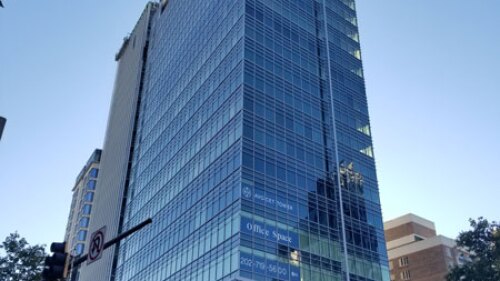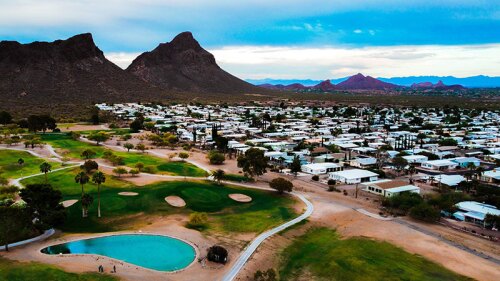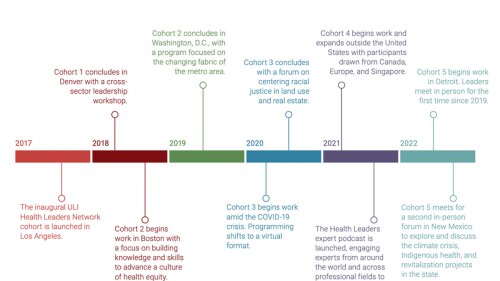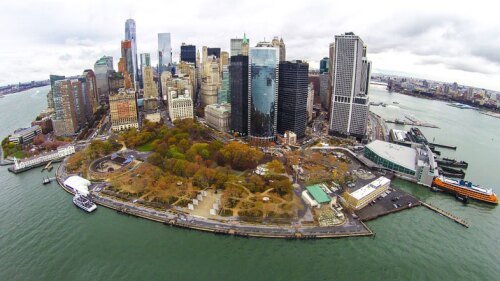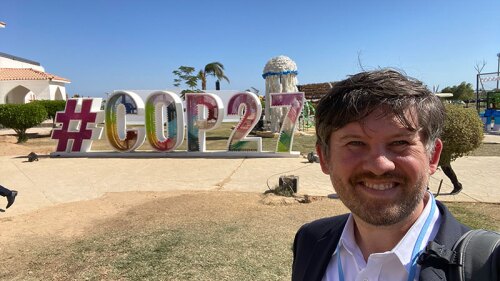Resilience and Sustainability
The real estate industry’s momentum on climate action only continues to grow as the new year begins, as described in the newly released ULI Global Sustainability Outlook 2023report.
A spate of recent global crises—including the COVID-19 pandemic, climate change, and rising rates of inflation—have forced hospitality practitioners to rethink their development models. This is particularly true for the development of all-inclusive resorts (AIRs) in culturally or ecologically sensitive areas. One such area is Lac Rose—a prime tourist destination in Senegal and a choice location for hotels chains looking to expand in the African continent.
ULI/Randall Lewis Health Mentorship Program mentees share their reflections and observations on the interconnectedness of health, equity, and the built environment based on their meeting experiences.
Science tells us that extreme heat will become a growing issue for more cities and that we should be designing the built environment accordingly.
According to the U.S. Census, some 20 million Americans live in manufactured homes. In December, manufactured homes industry group Next Step hosted a webinar discussing how this segment of the housing market can help with reduced carbon emissions while creating more affordable and healthier homes.
On the fifth anniversary of the ULI Health Leaders Network, the Institute is celebrating the program’s first five years of collaboration and impact. As a key contributor to health and social equity outcomes, the real estate industry has both a responsibility and an opportunity to design, invest in, and create communities where everyone can achieve holistic health and well-being. ULI programs for learning and leadership development, like the Health Leaders Network, embody the organization’s mission to achieve transformative impact in communities worldwide.
Moody’s Analytics CRE analyzed the potential financial impact of New York City’s Climate Mobilization Act The resulting research paper draws on New York City data on the types of fines likely to be levied, as well as Moody’s own net operating income data from commercial mortgage–backed securities properties, to estimate fines for property owners who take no mitigating measures to reduce energy usage.
A new survey by PwC identified an exponential increase in the asset and wealth management industry’s desire for environmental, social, and governance–oriented (ESG) investments: in the United States alone, assets under management are projected to more than double from $4.5 trillion in 2021 to $10.5 trillion in 2026. At the same time, asset managers report being challenged to create enough new funds to keep up with the demand, giving an edge to real estate firms with strong sustainability programs.
Leaders of the commercial real estate industry attending COP 27, the United Nations climate conference being held this year in Sharm El-Sheikh, Egypt, said a variety of challenges and opportunities lie ahead in the industry’s drive toward sustainability.
Undermanaged and underinvested for years, the newly unveiled, amenity-rich Chicago redevelopment appears prescient.




